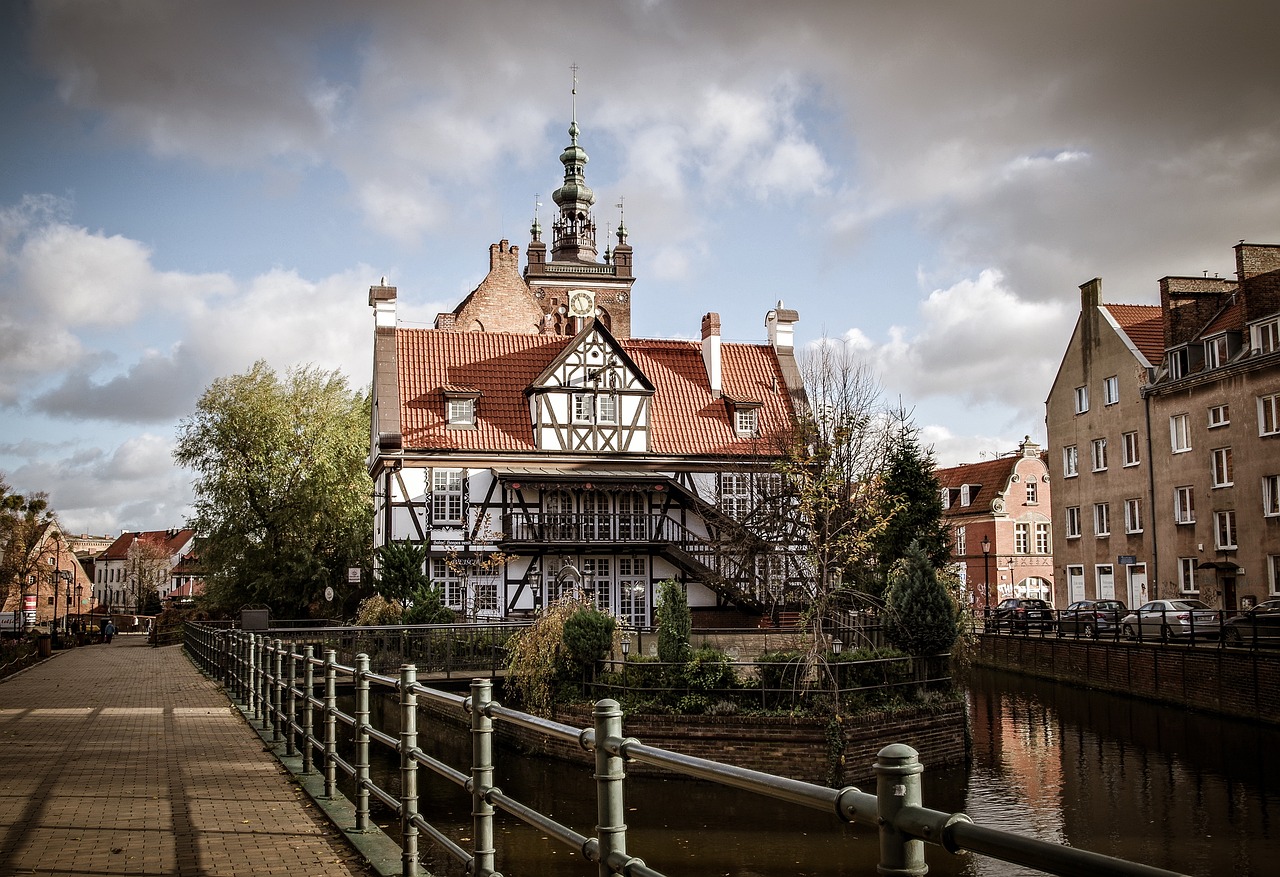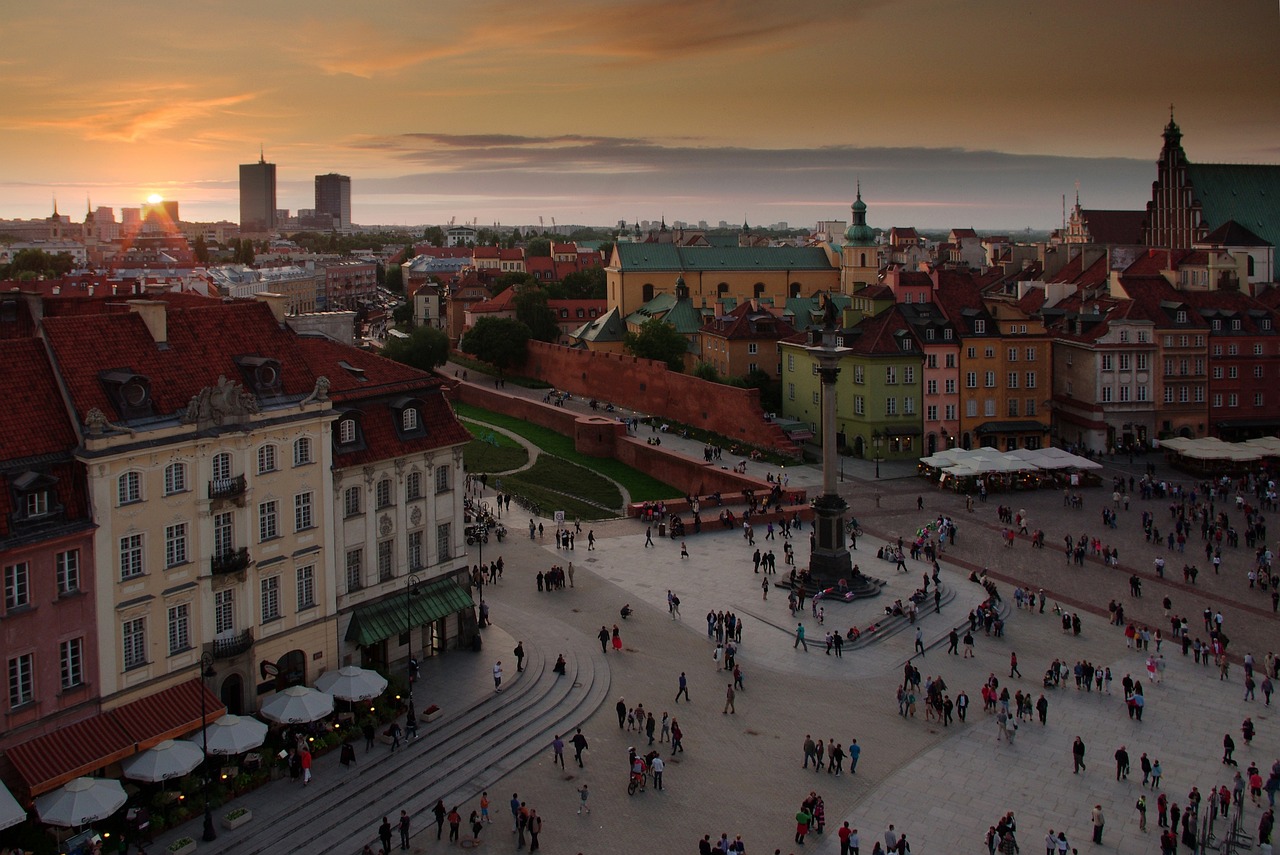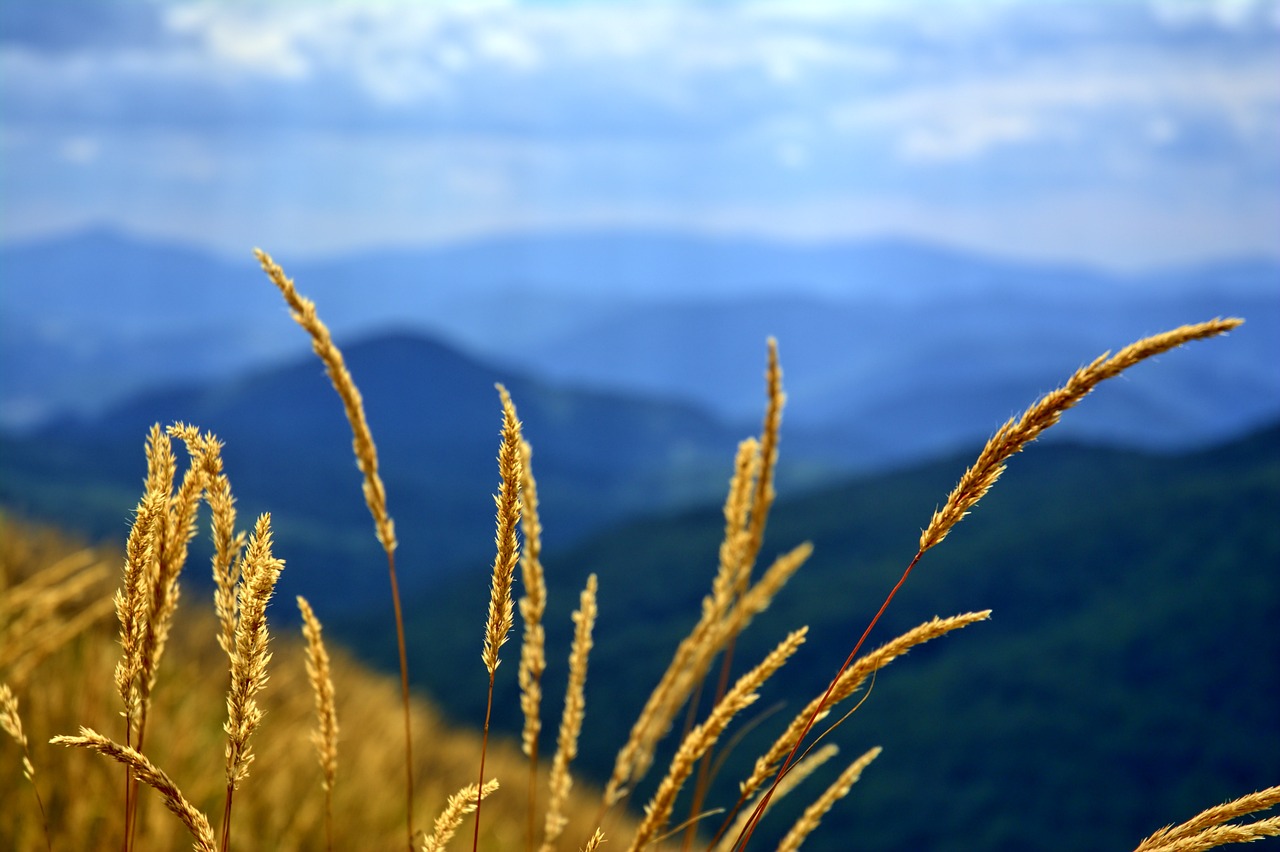Poland Video
Packing Essentials: Preparing for Half a Year in Poland
Poland is a beautiful country in Central Europe that offers diverse landscapes, rich history, and vibrant culture. If you are planning to spend half a year in Poland, it is essential to pack wisely to ensure a comfortable and enjoyable stay. This article will guide you through the packing essentials you need to consider before embarking on your long-term stay in Poland.
Section 1: Clothing
When it comes to clothing, Poland experiences all four seasons distinctly. Therefore, it is crucial to pack a variety of outfits suitable for different weather conditions. Here are some essential clothing items to consider:
- Warm Winter Coat: Poland can get quite cold during winter, so a warm and insulated coat is a must-have item.
- Layering Pieces: Pack sweaters, cardigans, and long-sleeve shirts that can be layered for added warmth during colder months.
- Comfortable Walking Shoes: Poland is known for its beautiful cities and picturesque landscapes, so make sure to pack comfortable walking shoes for exploring.
- Rain Jacket or Umbrella: Poland experiences rainfall throughout the year, so having a waterproof jacket or umbrella is essential.
- Swimsuit: If you plan to visit Poland during the summer months, don’t forget to pack a swimsuit for enjoying the country’s lakes and beaches.
Section 2: Electronics
In today’s digital age, having the right electronics can greatly enhance your stay in Poland. Here are some essential electronics to consider:
- Universal Power Adapter: Poland uses Type C and Type E electrical outlets, so make sure to pack a universal power adapter to charge your devices.
- Smartphone: A smartphone with a reliable data plan will help you navigate the country, stay connected with loved ones, and access useful travel apps.
- Laptop or Tablet: If you require a computer for work or personal use, consider bringing a lightweight laptop or tablet.
- Camera: Capture the beauty of Poland with a digital camera or a high-quality smartphone camera.
- E-book Reader: If you enjoy reading, an e-book reader can save space in your luggage and allow you to carry multiple books with ease.
Section 3: Toiletries and Medications
It is essential to pack your preferred toiletries and medications to ensure you have everything you need during your extended stay in Poland. Here are some important items to consider:
- Prescription Medications: If you take any prescription medications, make sure to bring an ample supply to last for the duration of your stay.
- Over-the-Counter Medications: Pack common over-the-counter medications for headaches, colds, allergies, and other minor ailments.
- Toiletries: Bring your preferred toiletries, including toothpaste, shampoo, conditioner, soap, and any other personal care items you may need.
- Sunscreen: Protect your skin from the sun’s harmful rays with a high SPF sunscreen, especially during the summer months.
- First Aid Kit: It’s always a good idea to have a basic first aid kit with band-aids, antiseptic ointment, and other essential supplies.
Poland Image 1:

Section 4: Travel Documents
When traveling to Poland for an extended period, it is crucial to have all the necessary travel documents in order. Here are some important documents to bring:
- Passport: Ensure your passport is valid for at least six months beyond your planned departure date from Poland.
- Visa: Check if you require a visa to enter Poland and make sure to obtain it before your trip.
- Driver’s License: If you plan to drive in Poland, bring your valid driver’s license and an International Driving Permit if necessary.
- Health Insurance: Carry a copy of your health insurance policy and any necessary contact information.
- Travel Insurance: Consider purchasing travel insurance to protect yourself against unforeseen events or emergencies.
Section 5: Money and Banking
It is essential to have your finances in order when staying in Poland for an extended period. Here are some important considerations:
- Local Currency: Familiarize yourself with the Polish currency, the Polish Zloty (PLN), and consider exchanging some money before your arrival.
- ATM and Credit Cards: Check with your bank to ensure your ATM and credit cards will work in Poland and inform them about your travel plans.
- Online Banking: Set up online banking for easy access to your accounts and to monitor your finances while abroad.
- Budgeting: Create a budget to manage your expenses during your stay in Poland and ensure you have enough funds for the entire duration.
- Emergency Cash: Keep a small amount of emergency cash in a safe place for unexpected situations.
Poland Image 2:

Section 6: Transportation
Getting around Poland efficiently is essential for exploring the country. Here are some transportation considerations:
- Public Transportation: Familiarize yourself with Poland’s public transportation system, including buses, trams, and trains, which are reliable and cost-effective.
- City Transportation Cards: Consider purchasing a city transportation card for unlimited travel within major cities like Warsaw or Krakow.
- Car Rental: If you plan to explore rural areas or prefer the flexibility of having a car, renting a car is a convenient option.
- Taxi and Rideshares: Use reputable taxi services or ridesharing apps like Uber or Bolt for convenient and reliable transportation.
- Bicycles: Poland has a well-developed cycling infrastructure, so consider renting or bringing your own bicycle for eco-friendly transportation.
Section 7: Communication
Staying connected with friends, family, and colleagues is crucial during your extended stay in Poland. Here are some communication essentials:
- Mobile Phone Plan: Consider getting a local SIM card or an international plan to ensure affordable and reliable mobile phone coverage.
- Internet Access: Most accommodations, cafes, and public spaces in Poland offer free Wi-Fi, but having a portable Wi-Fi hotspot can be convenient.
- Messaging Apps: Install messaging apps like WhatsApp or Viber to stay in touch with your contacts back home and make free calls over Wi-Fi.
- Language Translation Apps: Download language translation apps to help you communicate with locals and navigate any language barriers.
- Emergency Contacts: Keep a list of important phone numbers, including local emergency services and your embassy or consulate.
Section 8: Health and Safety
Taking care of your health and safety is paramount during an extended stay in any country. Here are some important considerations for Poland:
- Health Check-up: Before your trip, visit your healthcare provider for any necessary vaccinations or medical advice specific to Poland.
- Travel Insurance: Ensure you have comprehensive travel insurance that covers medical emergencies and repatriation.
- Emergency Services: Familiarize yourself with the local emergency services number (112) and know the nearest healthcare facilities.
- Safety Precautions: Be aware of your surroundings, avoid unsafe areas, and take necessary precautions to protect your belongings.
- Travel Alerts: Stay informed about any travel advisories or alerts issued for Poland by checking with your embassy or consulate.
Poland Image 3:

Section 9: Cultural Etiquette
Understanding and respecting the local culture and customs will enhance your experience in Poland. Here are some cultural etiquette tips:
- Greetings: Poles greet each other with a firm handshake and direct eye contact. Use “Dzień dobry” (Good day) to greet people during the day.
- Table Manners: Wait for the host to start the meal, keep your hands on the table, and finish everything on your plate as a sign of appreciation.
- Politeness: Poles appreciate politeness and saying “please” (proszę) and “thank you” (dziękuję) goes a long way in social interactions.
- Personal Space: Respect personal space and avoid touching or standing too close to others unless necessary.
- Gift Giving: If invited to someone’s home, it is customary to bring a small gift, such as flowers or chocolates, for the host.
Section 10: Local Cuisine
Poland is known for its hearty and delicious cuisine. Here are some traditional Polish dishes you must try during your stay:
- Pierogi: These dumplings filled with various ingredients like meat, cheese, or potatoes are a Polish specialty.
- Zurek: A traditional sour rye soup served with sausage and hard-boiled eggs.
- Bigos: Also known as “Hunter’s Stew,” this dish is a flavorful combination of sauerkraut, meat, and mushrooms.
- Żurek: A traditional sour rye soup served with sausage and hard-boiled eggs.
- Sernik: A Polish cheesecake made with farmer’s cheese and often topped with fruit or chocolate.
Section 11: Language Basics
Learning a few basic Polish phrases will help you navigate your way around the country and interact with locals. Here are some essential phrases:
- Dzień dobry: Good day
- Proszę: Please
- Dziękuję: Thank you
- Przepraszam: Excuse me
- Tak: Yes
- Nie: No
Section 12: Conclusion
By packing the essential items mentioned in this article, you will be well-prepared for your half-year stay in Poland. Remember to adapt your packing list based on your personal needs and preferences. Enjoy your time in Poland and make the most of this exciting adventure!
References
– Poland Tourism Official Website: poland.travel
– Lonely Planet Poland: lonelyplanet.com/poland
– Centers for Disease Control and Prevention – Traveler’s Health: cdc.gov/travel
– U.S. Department of State – Poland Country Information: travel.state.gov/content/travel/en/international-travel/International-Travel-Country-Information-Pages/Poland.html


